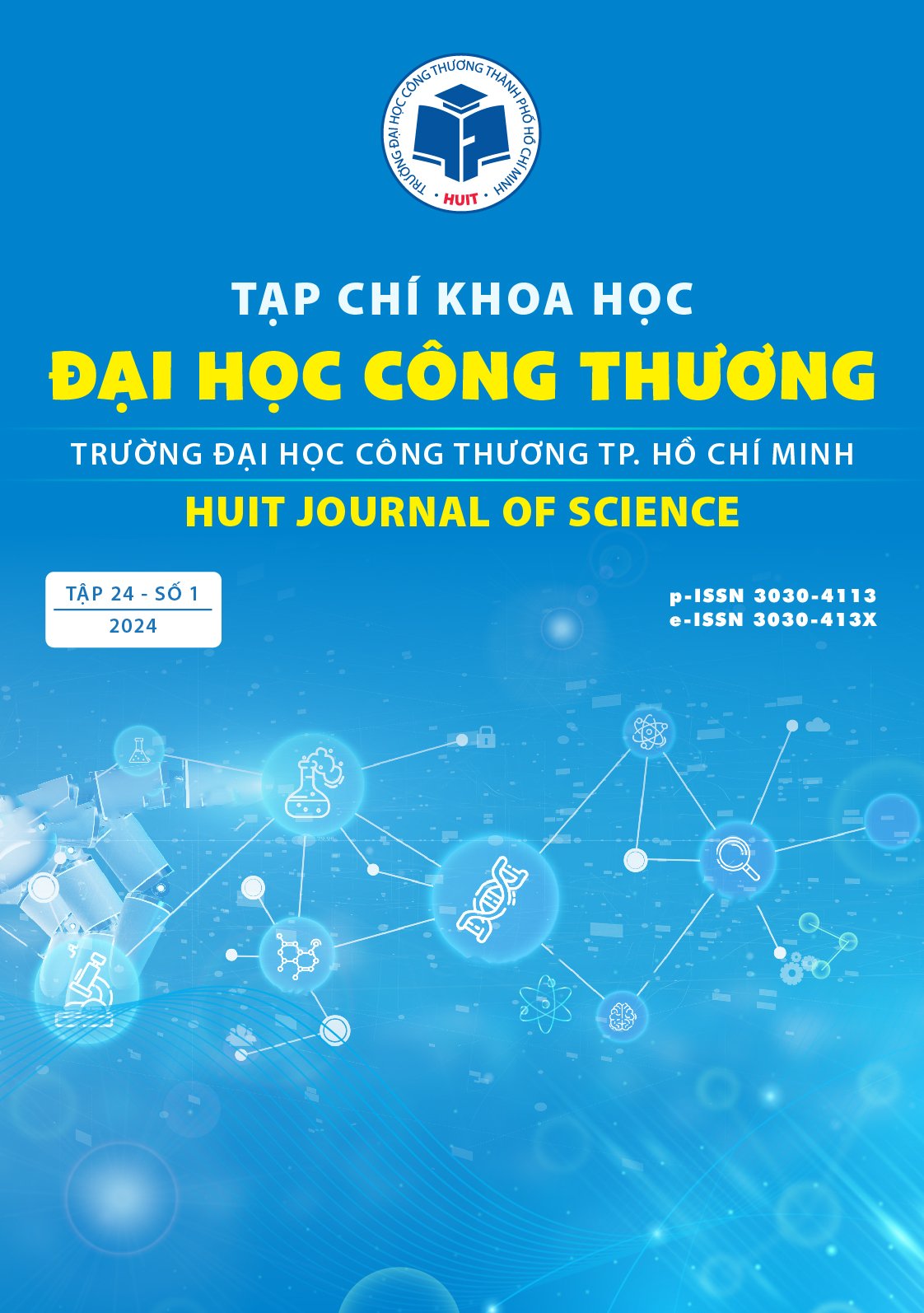The Essential Link Between Diet and Wound Recovery
페이지 정보

본문
Optimal nutrient supply plays a essential role in the speed and efficiency of your body’s ability to restore compromised tissue. Whether you’ve experienced a abrasion, a ligament injury, a post-op incision, or a bone break, your body requires the essential nutrients to repair itself. Without proper dietary support, healing can be impaired, and complications such as chronic inflammation may arise.
Dietary protein is one of the fundamental nutrients for wound closure. It provides the protein precursors needed to synthesize connective tissue in epidermis, muscle, and other fibrous structures. Excellent sources include chicken, turkey, salmon, tuna, eggs, dairy, black beans, chickpeas, lentils, and nuts. If your diet is low in protein, your body may have impaired cellular regeneration and experience poor tensile strength.
Vitamin C is another indispensable compound. It enables your body’s ability to form structural protein matrices, which is the primary structural protein in skin and connective tissues. High-content foods include citrus fruits, red berries, bell peppers, cruciferous vegetables, and leafy greens. A shortage in this vitamin can lead to poor scar quality and prolonged healing time.
Zinc ions supports cell division and immune function, both of which are essential during healing. It is abundant in oysters, crab, meat, seeds, nuts, and brown rice, quinoa, oats. Zinc also modulates inflammation, which is a physiological part of the healing process but must be maintained within optimal range.
Vitamin A contributes to skin regeneration and helps moderate the inflammatory response. It is present in orange root vegetables, carrots, dark leafy greens, and dairy products. This vitamin is particularly critical in the first days of healing when the body is clearing out damaged tissue and initiating angiogenesis.
EPA and DHA, found in salmon, mackerel, sardines, flaxseeds, and English walnuts, help moderate hyperinflammation. While a controlled level is necessary, excessive inflammation can impede regeneration. Omega-3s promote a healthy balance.
Hydration is often overlooked but is fundamentally essential. Water helps transport nutrients to cells and removes waste products from the healing site (redditpedia.com). Dehydration can inhibit metabolic processes and compromise wound closure speed.

Lastly, getting enough calories is non-negotiable. Your body needs metabolic power to fuel the healing process. If you’re not consuming enough calories, your body may catabolize lean mass for energy instead of using it to repair damaged areas.
In summary, healing is not just about immobilization and waiting. It is also directly influenced by what you eat. Eating a balanced diet rich in amino acids, vitamins, trace elements, and healthy fats supports robust regeneration and reduced vulnerability and minimizes healing setbacks. Always work alongside a healthcare provider or dietitian if you have specific healing needs, especially after major operation or severe trauma.
- 이전글A Cheat Sheet For The Ultimate On Verify TELC Certificate 25.10.07
- 다음글The 10 Scariest Things About Verify Goethe Certificate 25.10.07
댓글목록
등록된 댓글이 없습니다.
